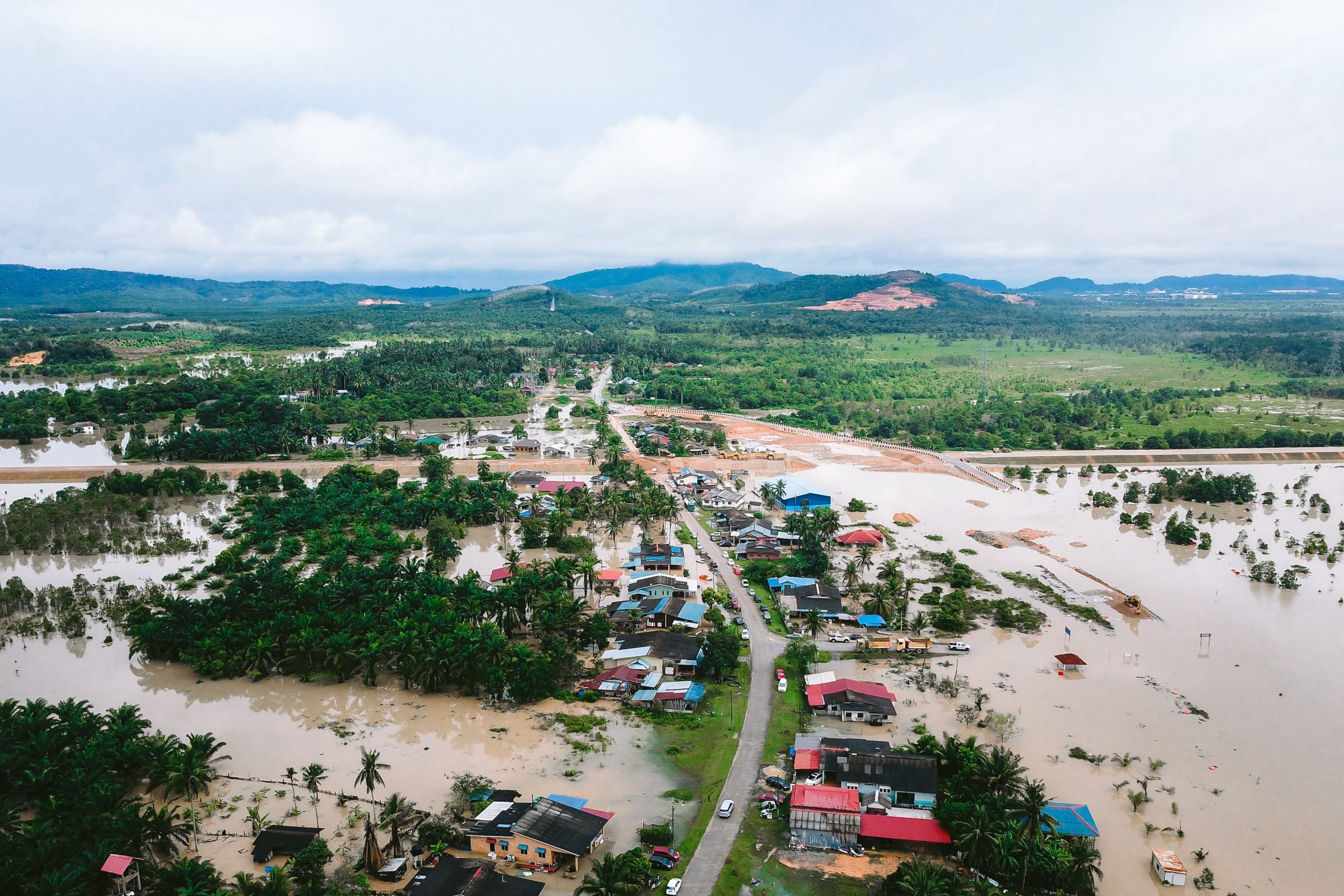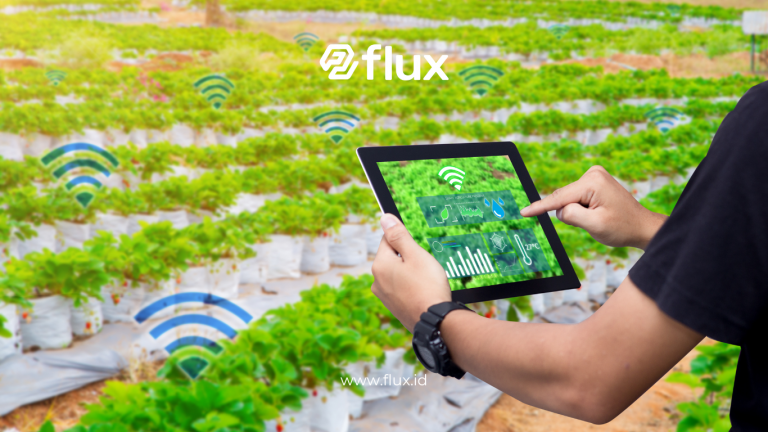Don't miss our holiday offer - 20% OFF!
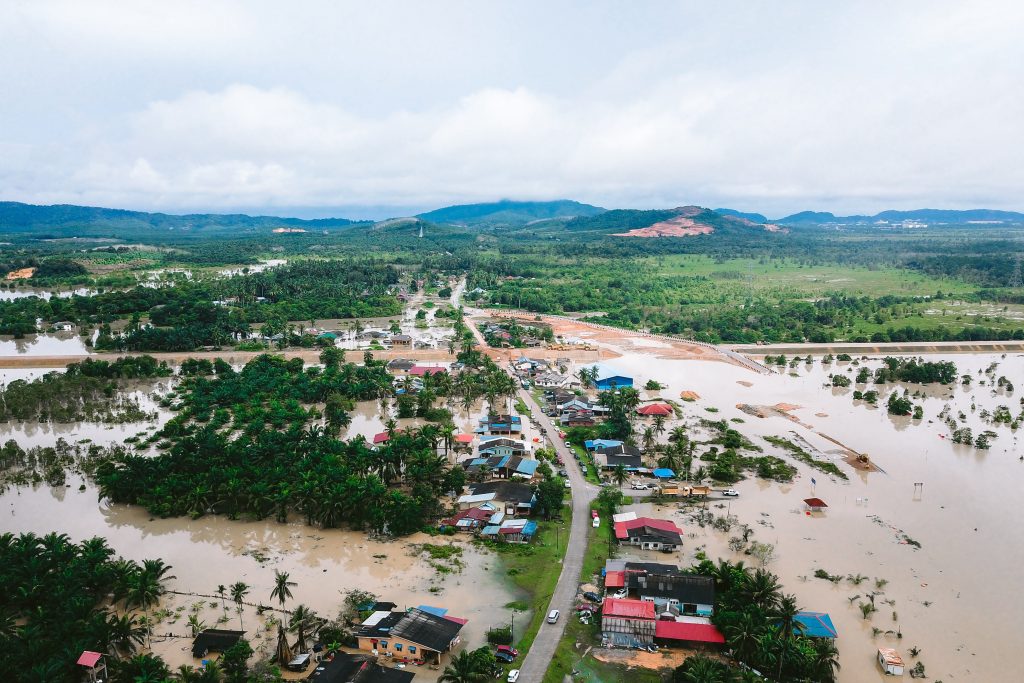
Read also : Utilizing IoT in Flood Monitoring and Early Warning Systems
Floods are natural disasters that can cause severe damage to the environment and infrastructure while posing a significant threat to human lives. Therefore, effective flood monitoring is crucial to mitigate its impacts. One of the technologies that play a vital role in flood monitoring is water sensors. This article will uncover the mystery of how water sensors work, enabling fast and accurate detection in flood monitoring systems.
Contents
What Are Water Sensors?
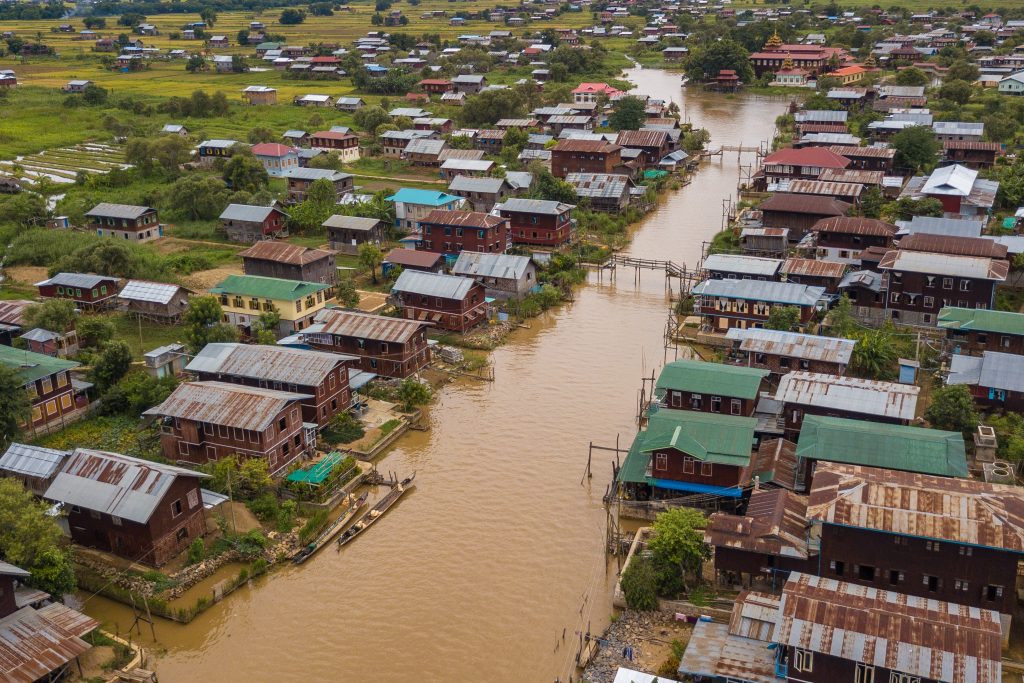
Read also : Participation at Communic Asia 2023 in Singapore
Water sensors are electronic devices designed specifically to detect water levels or moisture in a particular environment. These sensors employ various methods and technologies to measure and monitor changes in water levels, which can result from heavy rainfall, river floods, or water leaks. Water sensors find applications in various fields, including flood monitoring, agricultural irrigation, water resource management, and many more.
How Water Sensors Work
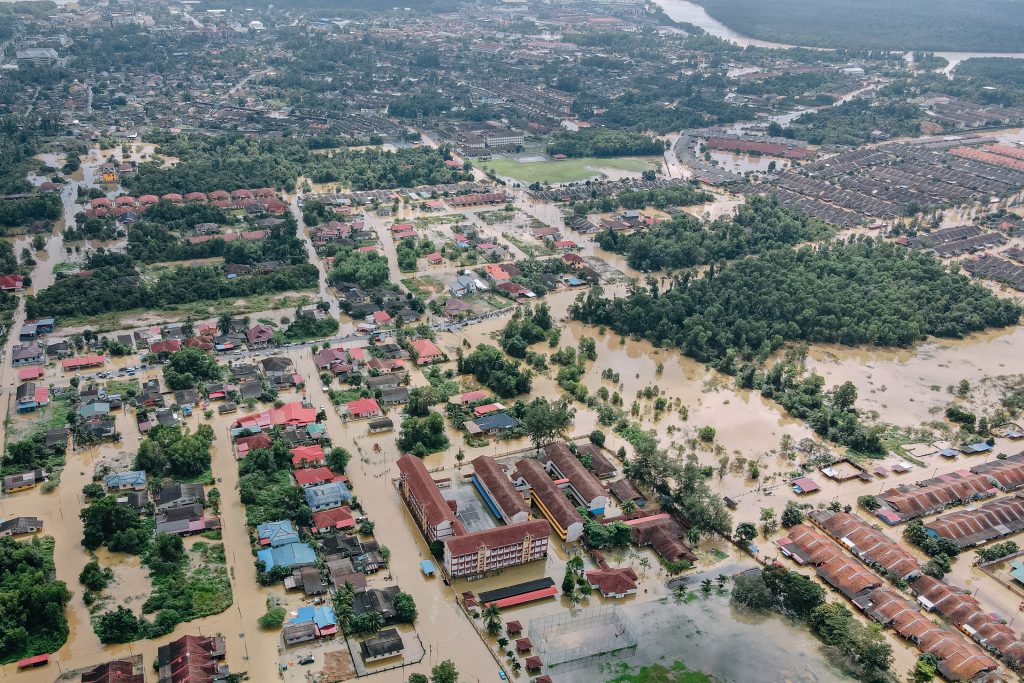
Read also : Automated Parking Concept: Smart Solution for Availability
Water sensors operate in various ways depending on the type and technology used. However, the fundamental principle involves detecting changes in electrical conductivity or capacitance that occur when water is present around the sensor. Here are some types of water sensors and how they work:
Capacitive Sensors
Capacitive sensors measure changes in capacitance that occur when water approaches or touches the sensor’s surface. The higher the water content, the greater the capacitance, and the sensor can detect these changes to measure water levels.
Conductive Sensors
Conductive sensors measure changes in electrical conductivity caused by the presence of water. Water has different conductivity compared to air or other materials, and these sensors detect the difference.
Ultrasonic Sensors
Ultrasonic sensors use ultrasonic sound waves to measure the distance between the sensor’s surface and the water surface. When water levels rise or fall, these changes in distance are recorded, and water levels can be calculated.
Optical Sensors
Optical sensors use light to detect water levels. The principle is to measure how much light is obstructed by the water’s surface. The more light obstructed, the higher the water level.
Advantages of Water Sensors in Flood Monitoring
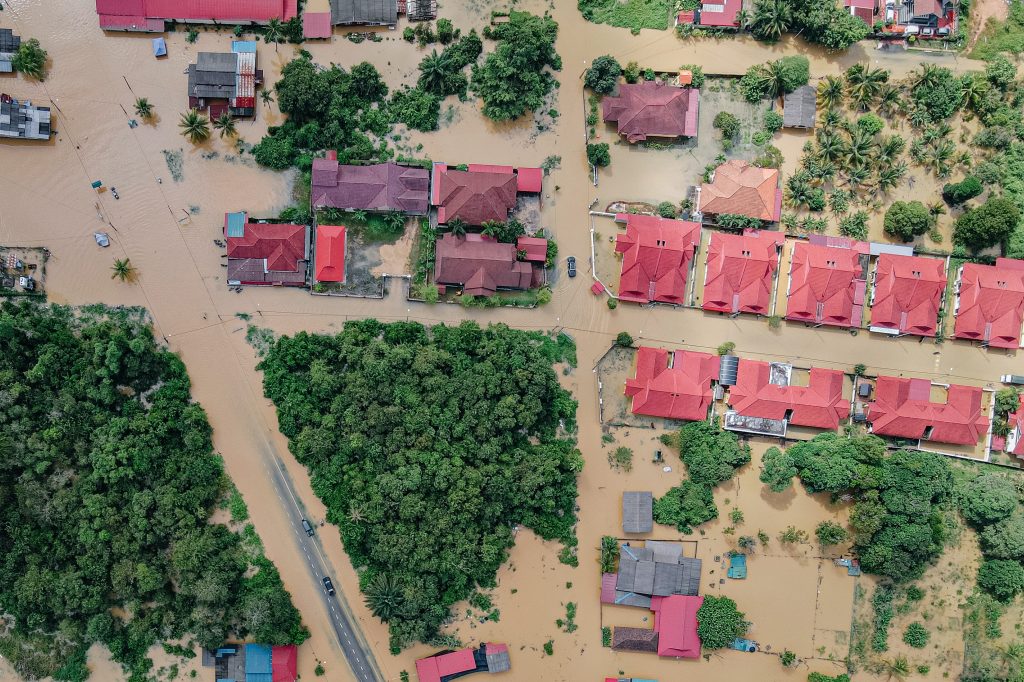
Read also : Security and Privacy in Connected Parking Systems: Challenges and Solutions
Water sensors offer several advantages in flood monitoring, including:
Rapid Detection
Water sensors can quickly detect changes in water levels, enabling early prevention or evacuation.
High Accuracy
Modern water sensors have a high level of accuracy in measuring water levels, allowing for more precise decision-making in response to potential flood hazards.
Resource Savings
The use of water sensors in flood monitoring systems can save resources such as labor and equipment, as monitoring can be done automatically and in real-time.
Integration with Other Technologies
Water sensors can be integrated with other technologies like Geographic Information Systems (GIS) and flood management systems to enhance monitoring effectiveness and flood response.
Conclusion
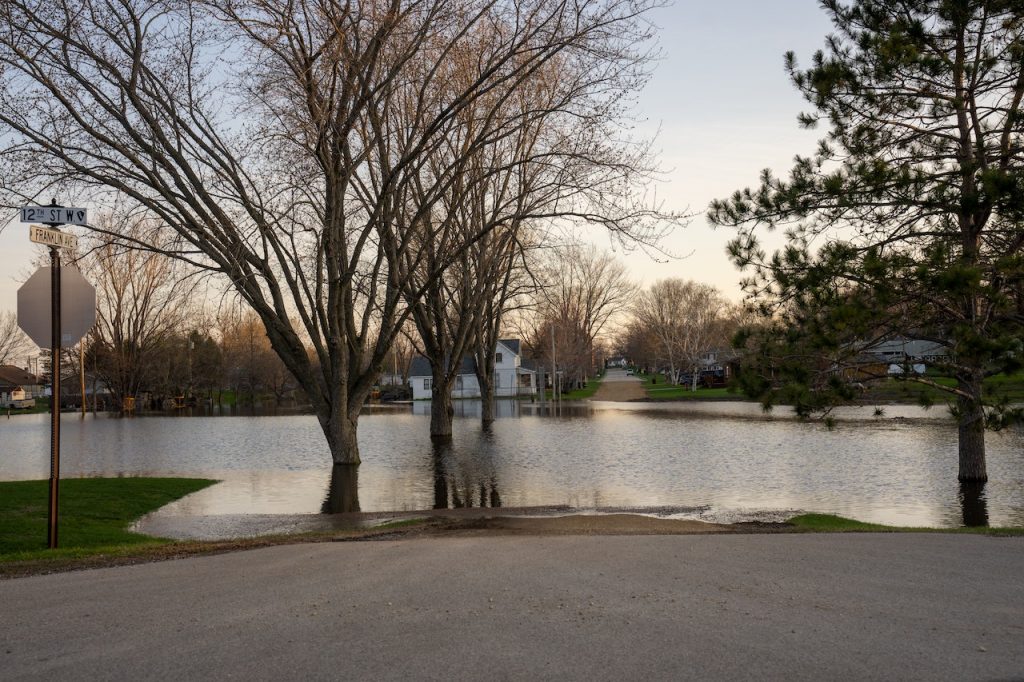
Read also : Security and Preparedness Enhanced by Smart EWS Technology
Water sensors are a crucial technology in modern flood monitoring systems. With their diverse working principles and high accuracy levels, water sensors enable fast and accurate detection of water levels, which is invaluable in reducing the impact of flood disasters. To improve preparedness and response to floods, the development and utilization of advanced water sensors will continue to be a primary focus in flood monitoring technology in the future.


